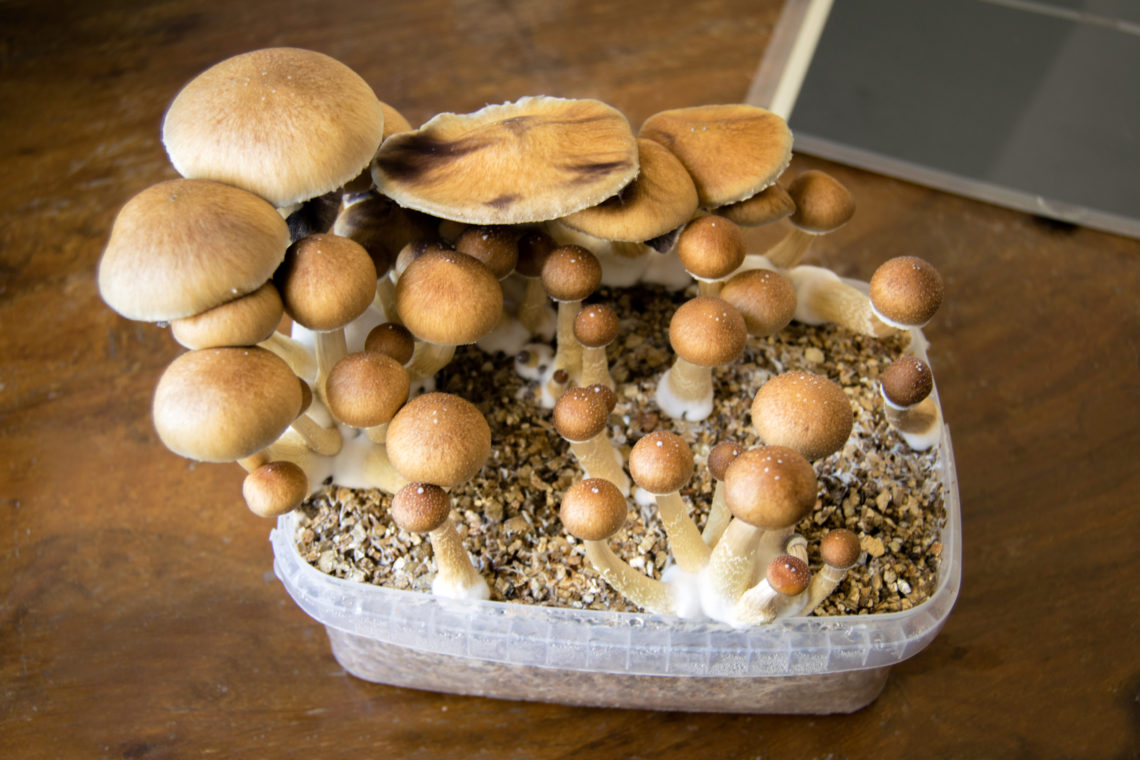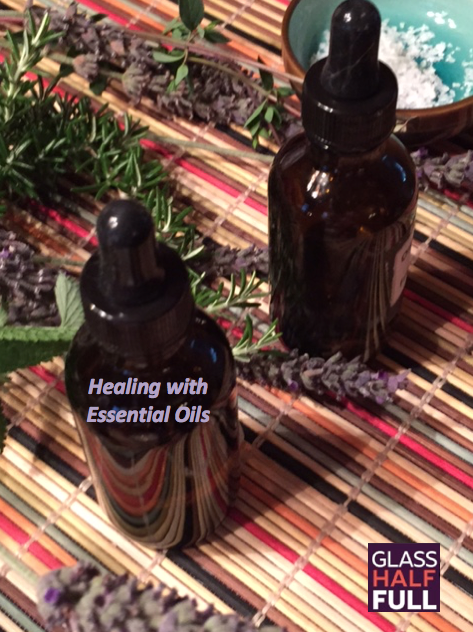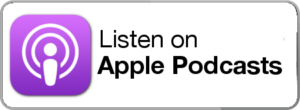People with anxiety, autism, blindness or low vision, deaf and hard of hearing, mobility challenges, chemical sensitivities, or PTSD may face unique challenges visiting a dental office. Now with the additional barrier — the COVID-19…
Taking a Break
- May 18, 2020
- Tagged as: anxiety, coronavirus, COVID-19, exercise, healing, health, laughter, meditation, mindfulness, movement therapy
Well, not really. No podcast episodes for the month of May due to a very bad computer. Naughty as heck. She/he could have reminded me of their age (6 years!) and I would have paid…
A retired nurse, physical and yoga therapist, and mental health professional offer strategies for coping with uncertainty, anxiety, and all those other emotions caught up in this season of the pandemic. Verla Fortier, author of…
Registered Nurse and proud septuagenarian, Barbara Blaser, was the guest speaker at my Northern California myotonic dystrophy support group. With her healthcare background and deep knowledge of medicinal herbs, she spoke about the use of…
Any style of yoga can be made accessible and provide healing for someone with a physical challenge, someone experiencing anxiety and/or depression, or someone with a larger body. Three yoga teachers – skilled in making…
We’ve got Jill Nussinow, R.D., The Veggie Queen, sharing tips about nutritious and medicinal mushrooms as well as Adam Strauss, creator of The Mushroom Cure, talking about his years of treating anxiety and OCD which…
Sometimes I see Facebook posts from high school classmates reminiscing about the “good old days.” I did have some unbridled fun back then but I far prefer my adulthood. Even with a chronic health condition….
- Alternative Healing Modalities
- Coping
- Mental Health
- Music and the Arts
- Podcast Episodes
- Relaxation
- Spirituality
Sound Therapy: I had to do this every day if I wanted to become well again
- June 24, 2018
- Tagged as: anxiety, bipolar disorder, chronic pain, depression, fibromyalgia, meditation, nervous system, neuroplasticity, relaxation, sleep, sound, stress, therapy, wellness, yoga
Sound Bath? Sound Meditation? Sound Symphony? Sound therapy has become a wonderful tool to access deep relaxation. For many, it is a gateway to meditation. Melissa Felsenstein of Inner Sounds Meditation shares her story of…
Singing along to classics from my youth definitely has a positive effect on my mood. From sharing a karaoke night with friends to learning about music therapy from a licensed creative arts therapist, this episode…
This episode features personal stories about how the use of essential oils has helped with a variety of conditions including depression, anxiety, fibromyalgia, fatigue, post-surgical pain and post cancer treatment. If you’re interested in deepening…






